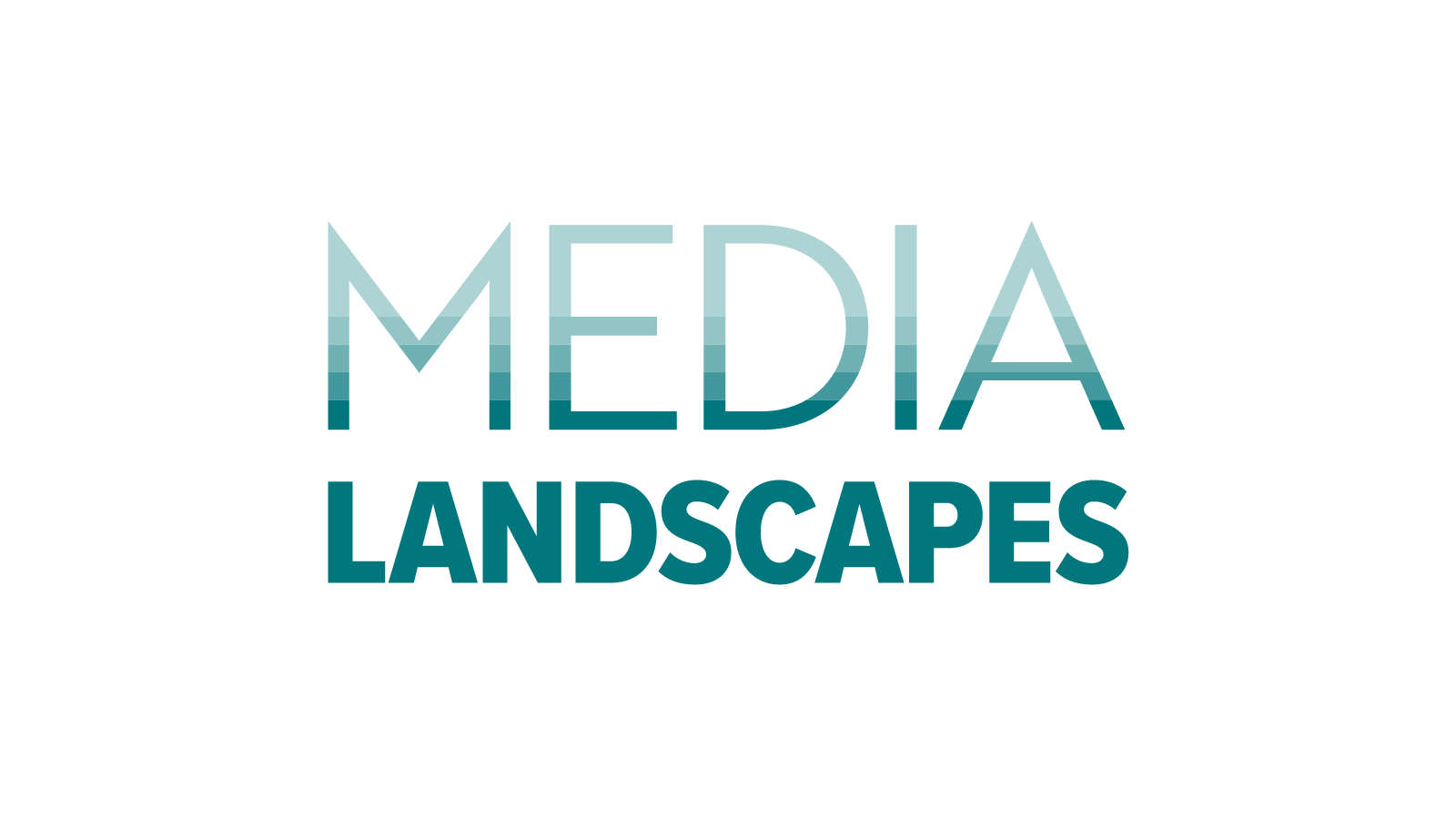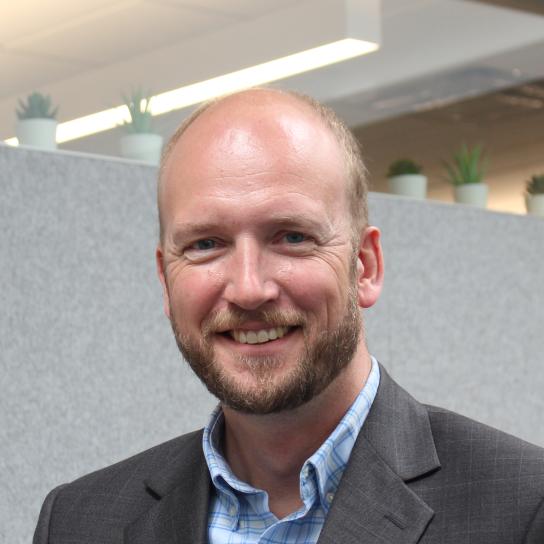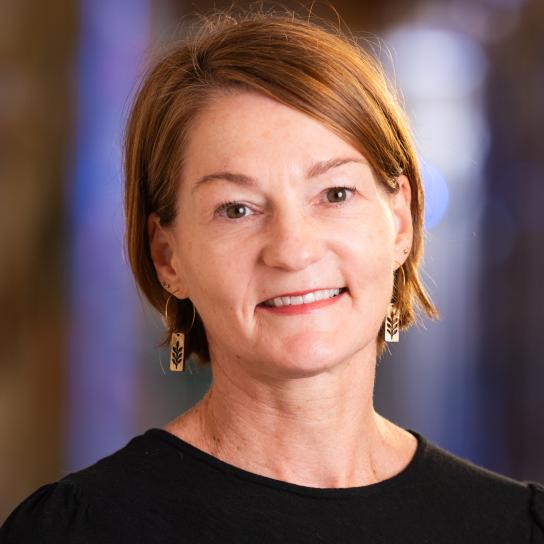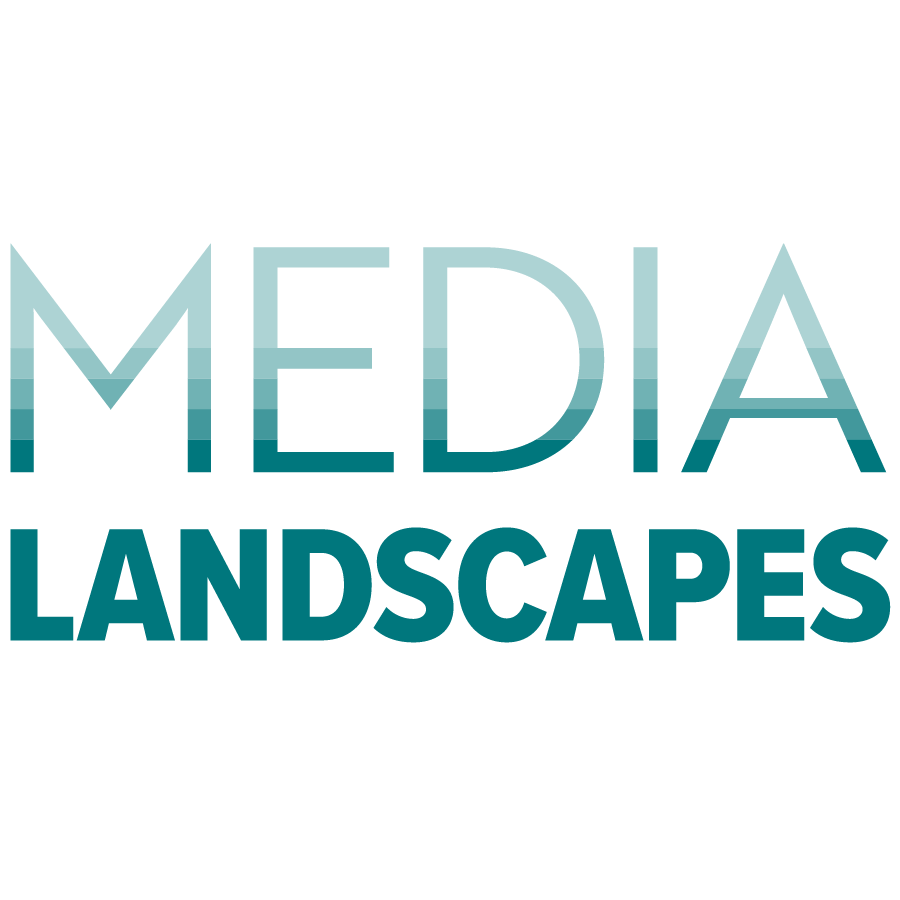Quick Summary
In March of 2021, we launched the Media Landscapes campaign, with funding support from Minitex, the Multitypes, CRPSLA, and PALS. This campaign includes local, regional, and national speakers sharing their knowledge on topics from misinformation to filter bubbles to deepfakes.

In March of 2021, we launched the Media Landscapes campaign, with funding support from Minitex, the Multitypes, CRPSLA, and PALS. The campaign had three clear goals to support library staff as they grapple with the current fractured and challenging media and literacy environment:
- Understand how people navigate the media and information landscape, and how forces within that landscape influence their navigation.
- Learn how to build reflection and intentionality into our own information consumption.
- Gain strategies for working with our communities on intentional approaches to information consumption.
Media Landscapes included local, regional, and national speakers sharing their knowledge on topics from misinformation to filter bubbles to deepfakes. All events were recorded and can be accessed via Level Up MN.
Campaign Assessment
As we wrap up the initial webinar phase of Media Landscapes, we wanted to take a moment to reflect on engagement with the series across the state.
- Total number of sessions: 13
- Total number of registrations for live events: 922
- Views of recordings to date: 776
- 94% strongly agree or agree that sessions were valuable
- 90% strongly agree or agree that they learned something new
It was our intention to use the series to spark thinking and learning and discussion about big picture topics related to media literacy. And to move toward action. Library staff have a leadership role to play in addressing misinformation in our communities, and that feels particularly important now.
From ideas to action
So how can we move from ideas to action? Many of the sessions, especially those offered by experts from the Minnesota library community, provided examples of how to implement programming or instruction.
- What can you take away from Rachel Wightman’s session on faith and fake news to apply professional expertise in your personal life?
- How could you adapt the classroom project from Sarah Gerwitz and Ethan Wittrock at St. Bens/St. Johns in your library, whether you’re in a college or not?
- How do the elements of digital citizenship, as described by Mary Mehsikomer, apply to your work with library users?
- Where do lessons about intergenerational discussion shared by Elissah Becknell and Rebecca March of Minneapolis College resonate with potential in your work?
- How might you adapt the misinformation curriculum shared by the U of MN Librarians Amy Riegelman and Wanda Marsolek?
Media Landscapes: 23 Things
Media Landscapes: 23 Things was designed to help library staff engage more deeply with the issues and concepts addressed in the Media Landscapes webinar series. The interactive sessions in 23 Things can also help us move toward action. These activities might be useful in your workplace, perhaps as small-group exercises.
Thing 1: Getting Started introduces the concepts of information literacy and digital literacy through short videos and readings, and includes interactive activities and conversation starters to use individually or with colleagues.
From there, the Things progress to cover topics introduced in Media Landscapes webinars in more depth, from propaganda to deep fakes; from the attention economy to logical fallacies, and more.
New "Things" will continue to be rolled out to help us actively engage with these topics and others, as they appear on the horizon.
Our Work Continues
The challenges of our media landscape are so big that we must take a multifaceted approach in responding to them. We can talk and plan and learn at a broad scale, and take specific action within our individual communities, too. As we progress, let’s continue to share what we learn, along with the challenges we face. This first series of webinars may be completed, but you were doing the work before and continue to do it after. As the environment continues to change, let’s continue to work together toward our common information literacy goals.


